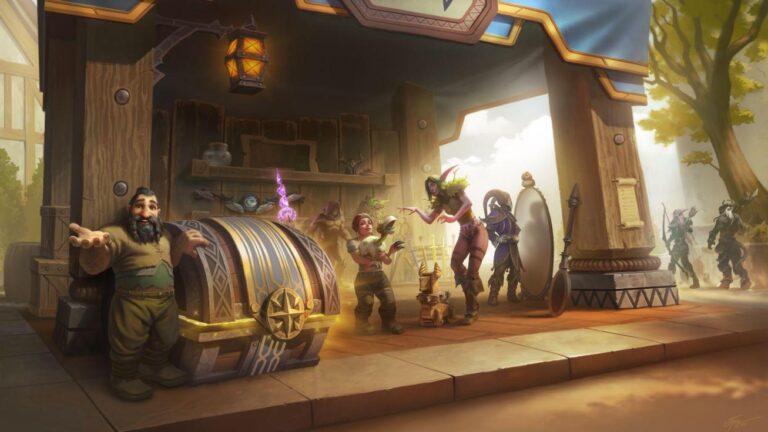Amidst the daily chaos of India’s busy streets, a subtle revolution is occurring: board games are becoming more and more popular. Even though technology permeates almost every part of contemporary life, there is a discernible shift toward the analog world, particularly in the areas of entertainment and leisure. Previously thought to be outdated, board games are currently enjoying a rebirth, especially in India, where they have great cultural significance and provide many advantages beyond entertainment.
Accepting Customs in the Digital Era
It may seem contradictory that board games are making a comeback in a culture that is quickly embracing digitization. But its comeback is more than simply a wistful longing for the good old days—it’s evidence of the timeless value of group activity and in-person communication. Indians are rediscovering the delight of getting together around a real board, rolling dice, and playing friendly competition—even despite the ease of playing video games online.
Overcoming Generational Gaps
The fact that board games can bridge generational divides is among their most amazing features. Board games act as a bridge between parents, grandparents, and kids in India, a country that values family relationships highly. These shared experiences, whether it’s parents teaching their children contemporary games like Ticket to Ride and Catan or grandparents teaching younger generations classic games like Carrom and Ludo, enhance family bonds and provide enduring memories.
Encouraging Diversity and Cultural Exchange
India’s wide variety of board games reflects the country’s complex tapestry of languages and cultures. Board games are a great way to promote cross-cultural understanding and appreciation. From locally beloved titles like Ashta Chamma and Pachisi to globally recognized titles translated into other languages, they have a lot to offer. Playing games from other cultures helps players understand strange practices, traditions, and viewpoints, which promotes empathy and understanding in a world where people are becoming more and more interconnected.
Developing Social Skills in an Electronic Age
Face-to-face interaction has become rare in an increasingly digitalized culture, which has caused a deterioration in fundamental social skills in people, particularly in young people. Board games provide a platform for instantaneous communication, teamwork, and conflict resolution, which is a cure for this social ill. These games, which involve trading in Monopoly and planning strategies with friends in Risk, help players develop the interpersonal skills necessary to successfully navigate the intricacies of interpersonal relationships.













